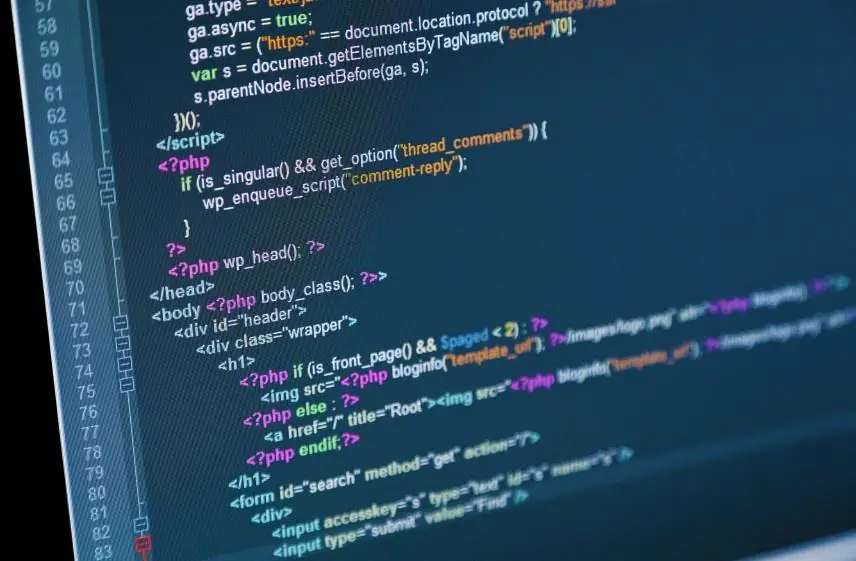Computer science is a mesmerizing field.
Unlike political science, which analyzes the institutions we’ve been using for thousands of years, or science, which investigates the natural world, computer science is more contemporary, more nuanced, and often much more difficult to absorb.
Computer science may seem intimidating, but you can do it. In order to become a skilled computer scientist does require intermediate or advanced knowledge of a couple of subjects, including mathematics.
Check out our rounding calculator and use it for free

It is important to note before we dive into the specifics, that not all computer scientists use math every day. Actually, some never use it at all. Math is useful for two reasons: 1) the majority of computer scientists use math every day, making the subject nothing less than a prerequisite for specific jobs; 2) by using math you can develop the underlying logic that working in computer science demands.
Why Does Computer Science Require So Much Math?
Some of computer science’s more difficult elements take years to learn, while simpler languages can take less than one month if studied vigorously. You must have an understanding of discrete mathematics, calculus, etc; for the more difficult computer science professions. You will have to take several math courses before getting into the more advanced classes because math is a subject that slowly builds on itself.
As a matter of fact, simpler languages can also lead to jobs that are just as well-paying and fruitful as the most challenging professions. And these more accessible programming languages are not so demanding. However some individuals enjoy the challenge, and they choose the work that only the more challenging positions provide.
What Kind of Math is Needed for Computer Science?
If you want to get a computer science degree, it depends on your program. The majority of degrees demand some understanding of calculus – multiple programs require students to reach Calculus III. Generally, computer science degree programs offer discrete mathematics, abstract algebra, graph theory, and other math courses alongside computer science courses. Math classes play an essential role in helping students understand programming languages, differential equations, data structures, and more.
Calculus is usually used in scientific computing, computer security, and computer graphics. If you want to work in these professions, you should have an adequate understanding of calculus, whether learning through your university or through teaching yourself.
The math courses most relevant to the computer science profession are discrete mathematics, number theory, linear algebra, and graph theory. Various corners of the profession, from software engineering to machine learning, use these types of mathematics. You may struggle to manage data structures, databases, and algorithms without these math classes.
This case is possibly most true with linear algebra and discrete mathematics. Linear algebra and discrete math provide the background information that computer scientists must know to do their jobs well from software engineering to front-end programming to computer security. Integrating into the computer science world would be much more challenging without these math skills.

Any respected computer science degree program will teach linear algebra, discrete math, calculus, and differential equations. You can find these math courses on the internet if you decide to learn computer science on your own.
Just to make things clear, you can teach yourself Java, HTML, Python, and other languages without having extensive math skills. Know that you can get a position with basic math skills as long as you are strong in the subjects needed for your job.
We would be lying if we said that math wasn’t required in the computer science field in general. Imagine if software engineers and cryptographers didn’t know any math. our software would be helplessly disorganized and our defense department would never solve a code if that were the case.
Regardless of where you stand on math, understand that there is a computer science position for you. Do your research, work hard, and always supplement what you are doing with internships or freelance work. Computer science is quite a competitive field. Thus, if you have a resume decorated with certificates, accomplishments, and experience, your chances of getting a job will be much higher.